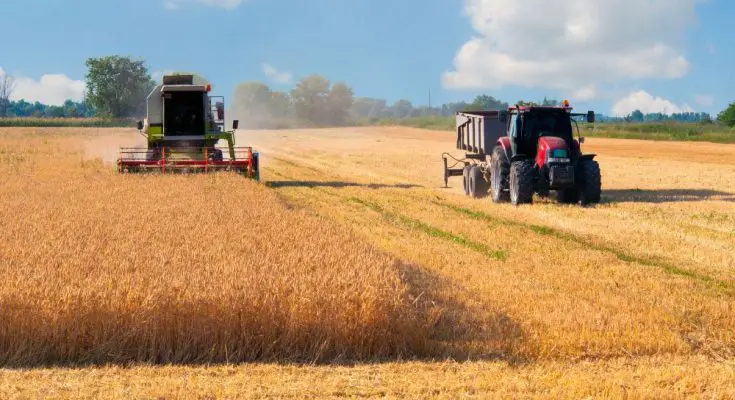While farming has long been seen as a hard-working but peaceful life, there are a lot of looming threats lurking just below the surface that threatens a farmer’s crops and harvests if not properly accounted for. If you’re not experienced in the agriculture industry or simply wish to learn more about that sector, let’s take a look at the common threats in the agriculture industry.
Production Risks
One of the simplest threats in the agriculture industry is that crops may not produce as strong a yield or output levels as is necessary to keep up with demand. While it’s necessary to keep a diligent eye on the conditions of your farm to ensure your crops are well cared for, you can’t account for how the weather or other conditions will affect your crops. For example, drought may wither away your crops while excessive rainfall drowns them. Managing a consistent yield every year is difficult, but there are a few methods that can help minimize this risk. These methods include routinely caring for your machinery and vehicles, growing a variety of crops, or implementing risk-mitigating practices such as drip irrigation, trap crops, or tile drainage.
Environmental Risks
The environment is by far one of the biggest and most persistent threats farmers must contend with to grow healthy crops or raise livestock. We’ve touched on extreme weather conditions that could harm your farming operations, but pests are equally as problematic. Everybody needs to eat, and that includes animals and bugs. Pesticides are a safe and effective way to protect a farm’s crops, but you also need to account for aspects like grain storages, as they can ruin your entire yield. You should also be wary of the shelters where you keep livestock, as pests like ticks will harm your animals.
Labor Safety
Finally, working on a farm can include long and grueling hours that take a toll on farmers. Working under the sun all day has the potential for exhaustion and fatigue to set in and make farmhands clumsier or less aware. This could turn into a huge issue if your employees need to operate heavy machinery where carelessness may cause grievous injury. To avoid workplace hazards or a high turnover rate for employees, farmers should ensure they are training their employees to follow best practices and provide essentials like water and sun protection.
Additional Resources:
Additional Resources:
Protein
Peanut Butter
Strawberries
Bananas



